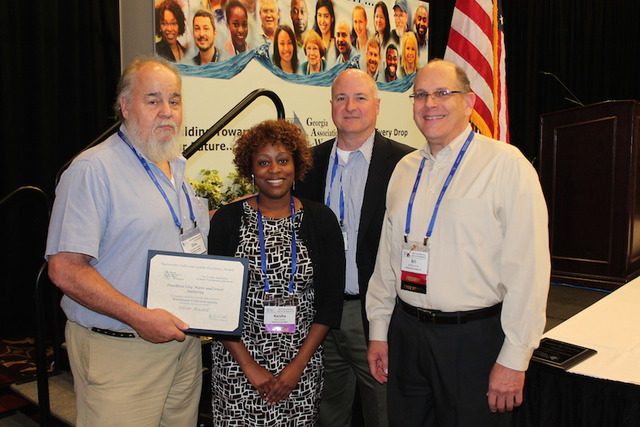Nov 9, 2016 by Chris Wood, Ph.D.
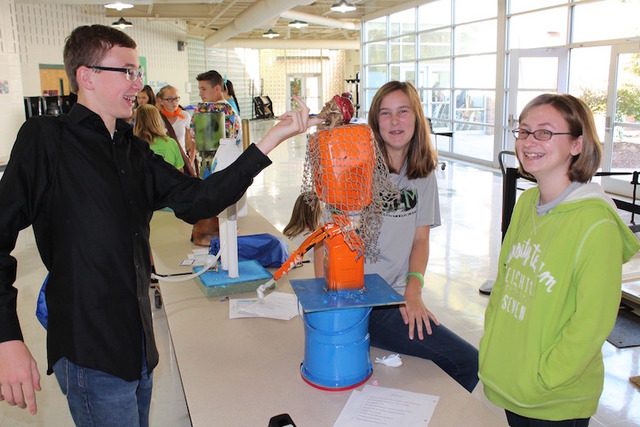
(L to R): Austin Carmichael, Madeline Nolen, and Emily Eisele show off their winning science project during the 2016 Fayette County Middle School Georgia Model Water Tower Competition. Not pictured: teammate Sarah Waymon.
Want to get middle school students interested in science, technology, engineering and math (STEM)? Ask them to build a model water tower and add a little friendly competition among classmates to the assignment.
That’s exactly what took place at J.C. Booth Middle School during the first Georgia Model Water Tower Competition among Fayette County Schools. The Peachtree City Water and Sewerage Authority (PCWASA) and Fayette County Water System (FCWS) sponsored the 2016 Competition, which is organized by the state’s two leading water industry trade organizations – the Georgia Association of Water Professionals (GAWP) and the Georgia Section of the American Water Works Association (GAWWA).
The overall first place winner of this year’s Fayette County Georgia Model Water Tower Competition was the Booth Middle School team of Emily Eisele, Austin Carmichael, Madeline Nolen, and Sarah Waymon. This team, taking on the name of the “Argggange Juice Party Boat,” designed and constructed a functioning model water tower that garnered them a $300 first place prize.
The second place winner of $200 in prize money was the three-person team of Liam Bourque, Eric Habicht, and Cole Sanford, while third place and $100 in winnings went to the duo of Olivia Quern and Esther Ofielu, who also won the award for Outstanding Presentation/Judge’s Choice. Both the second and third place teams represented Booth Middle School.
Other awards from the 2016 Fayette County Middle School Georgia Model Water Tower Competition included Outstanding Achievement in Artistic Design, which went to Kortney Avery and Jayna Davis from Flat Rock Middle School. The Award for Structural Excellence went to the Booth Middle School team of Jaron Rosenberg, Natalie Frances, Hannah Moore, and Evelyn Gray.
Finally, two awards were given for Outstanding Achievement in Engineering Design. The Booth Middle School teams of Raaga Bramhadevi, Priyam Kadakia, Sarah Kilgore, and Adelaide Barrett took home one of these awards, with the team of Rebecca Muh, Natalie Robinson, Elizabeth King, and Kennedi Malone winning the other.
The Georgia Model Water Tower Competition, which is in its fifth year, challenges middle school students to design and build water towers with specific size and height requirements. This is the first year an event affiliated with the Georgia Model Water Tower Competition was held in Fayette County, featuring students exclusively from Fayette County Schools.
Dr. Kathleen Lanman, STEM and Gifted Science Faculty Member at J.C. Booth Middle School, was instrumental in bringing the Georgia Model Water Tower Competition to Fayette County. After seeing news of PCWASA’s involvement in this event on the Authority’s website, Dr. Lanman contacted PCWASA Division Manager Keisha Lisbon-Thorpe to inquire about how to get her students involved. This year’s event was the first of more to come for Fayette County Schools, she hopes.
“This is a great event because it highlights STEM curricula by giving students a real-world, hands-on project that interests them,” says Dr. Lanman. “I think the competition also motivates them to stick with it because there are rewards at stake.”
Water professionals assisting with the Fayette County Model Water Tower Competition included utility employees, engineers, and other volunteers, such as PCWASA General Manager Stephen Hogan, who served as an advisor to the students, and Lisbon-Thorpe, who is the Past Chair of the Competition Committee. PCWASA Chairman Bill Holland also was on hand to volunteer his professional expertise as the former City Architect for the city of Los Angeles, California. Holland served as a judge and on the panel who reviewed the science projects and selected the winners.
The Georgia Model Water Tower Competition requires that students apply what they’ve learned through STEM Curricula – science, technology, engineering and math – in order to complete this science project. The student water tower models are judged based on three criteria, including structural efficiency, hydraulic efficiency, and design ingenuity. Judges also conduct interviews with the students about their entries. The model water towers may be designed and constructed from any materials. However, students are rewarded for using creative designs and innovative resources, such as everyday household items.
The objective of the Georgia Model Water Tower Competition is to make participants more aware of the importance of reliable drinking water, while introducing them to rewarding (career) opportunities available in the water profession. To do so, the competition requires students to develop an idea into a functioning water tower, just as water professionals do within the industry.
Media Contact:
Chris Wood, Ph.D.
Phone: 770-757-1681
Email: jcwood@uga.edu or chris@jwapr.com
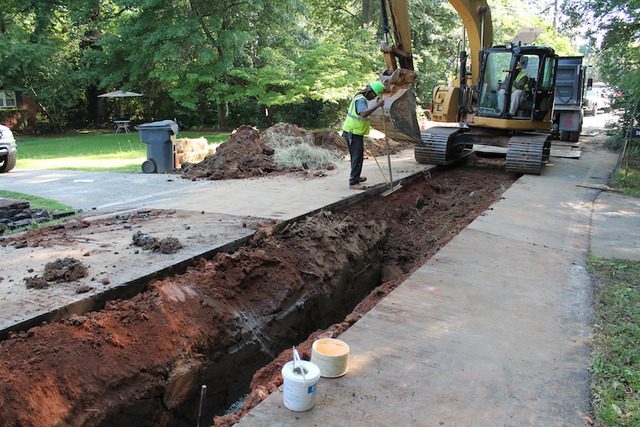
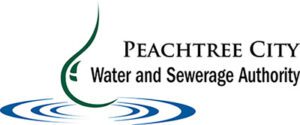

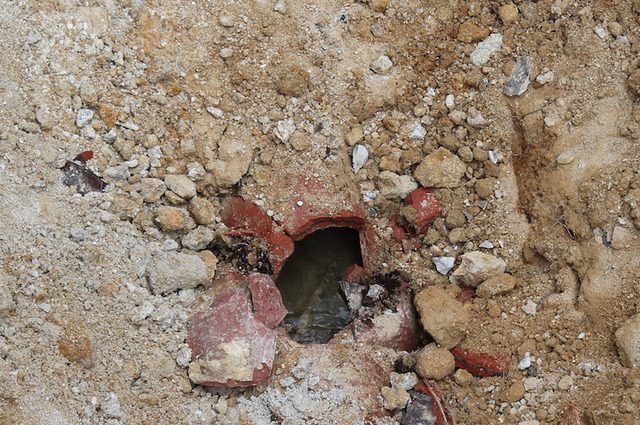

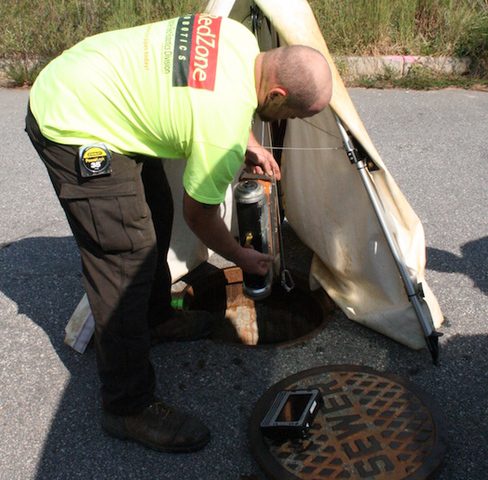
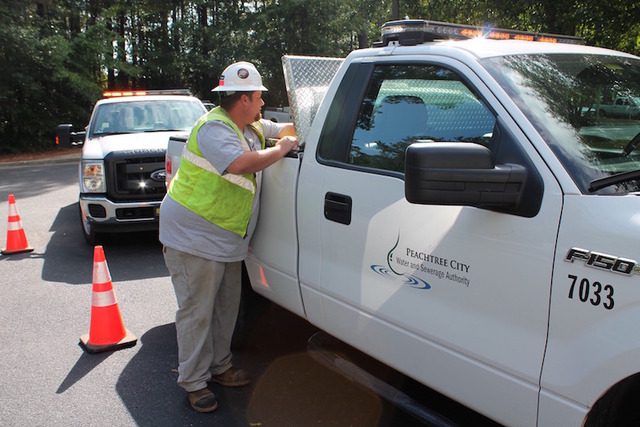
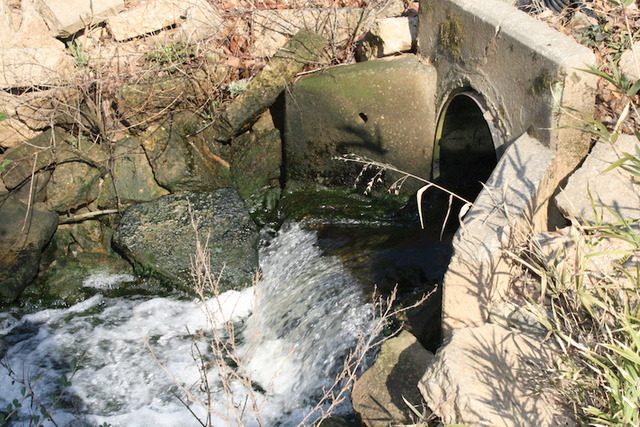
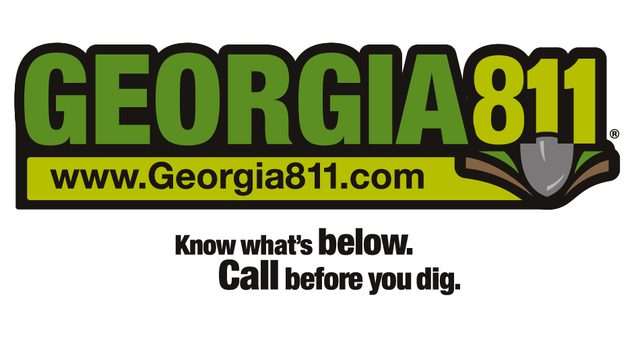 As a utility advocating for safety through its involvement in Georgia 811,
As a utility advocating for safety through its involvement in Georgia 811, 